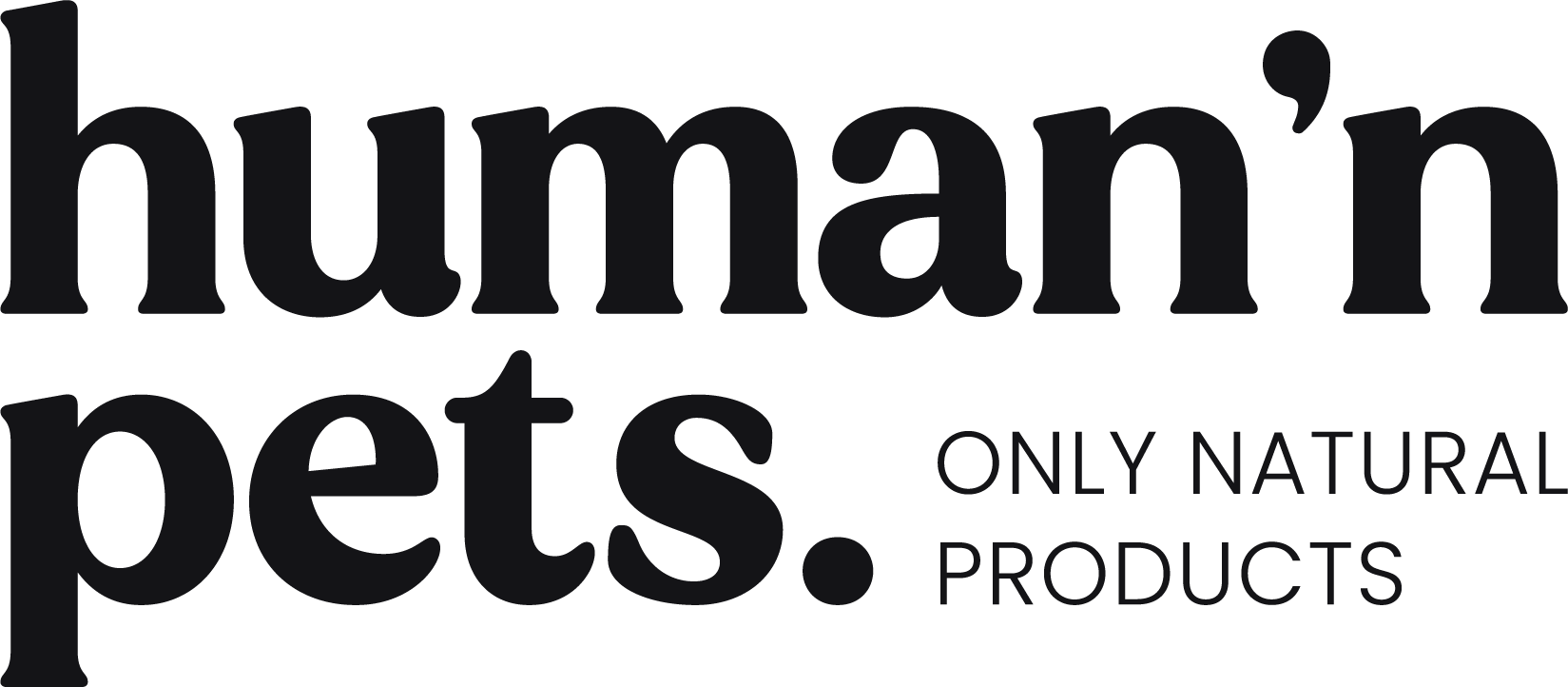Why is gut health so important? The gut is our first line of defense against the outside world. The bulk of our immune system resides there.
A healthy gut is required for good health. There are two major, and increasingly common, conditions negatively affecting the gut health of people and pets: leaky gut and dysbiosis. These two conditions are interconnected.
Leaky Gut
Increased intestinal permeability is also known as leaky gut. "Leaky gut" refers to the gut wall's ability to regulate what crosses over into our circulation and what is kept out and excreted from the body. A healthy gut will allow the passage of beneficial nutrients across the gut wall and into our circulation (bloodstream).
A leaky gut will allow the passage of inappropriate and detrimental factors (such as partially digested food particles and toxic organisms) across the gut wall. These factors enter the circulation and move throughout the body. The immune system recognizes these factors as "foreign invaders" and reacts against them. A leaky gut is associated with a vast number of disease states.
Symptoms of a Leaky Gut
Symptoms can be extremely varied and may not be obvious; however, the presence of a leaky gut should be considered for any animal in suboptimal health. Typical symptoms of a leaky gut are gas, bloating, and diarrhea.
Gut dysbiosis can also cause or exacerbate a wide variety of other conditions, many of which may appear to have nothing to do with digestion. These include hyperactivity, immune system disorders, behavioral abnormalities, joint pain, nutritional deficiencies, respiratory difficulties, seizure disorders, allergies, some cancers, liver and gallbladder disorders, pancreatic disorders, cystitis (bladder inflammation), heart disease, dry eye, weight fluctuations, gum disease, and bad breath.
Dysbiosis
The gut is home to trillions of microbes (bacteria and other tiny organisms). An optimal diversity and balance of gut bacteria will keep us healthy. Dysbiosis occurs when our gut is inhabited by the wrong type or the wrong numbers of certain microbes, leading to an imbalance of gut bacteria. Bacteria are often categorized as "beneficial" or "detrimental/pathogenic," but this is an oversimplification. A species of bacteria may be pathogenic if there is an overgrowth of it or if it occurs in the wrong place but beneficial under other circumstances.
The imbalance of bacteria is really the problem— inadequate supplies of good bacteria, plus an overgrowth of bad bacteria, and sometimes yeast. This bacterial imbalance leads to inflammation of the membranes of the intestine, which results in a leaky gut. The conventional veterinary community has been slow to recognize the existence and consequences of gut dysbiosis.
Causes of Dysbiosis
The most common cause of dysbiosis in veterinary medicine is the use of antibiotics. Antibiotics, though sometimes life-saving, kill both good and bad bacteria, which upsets the natural balance of microbes and depletes the supply of friendly bacteria that keep the gastrointestinal immune defenses strong and resilient. Other drugs also known to have the same effect are corticosteroids and NSAIDs (non-steroidal anti-inflammatory drugs).
Additional factors include:
- Highly processed diets
- Biologically inappropriate foods containing a large amount of grains and food additives
- Stress
- Ingestion of toxins
- Overuse of vaccines
- Parasite infections
How Your Pet Digests
The food your dog or cat eats begins to be digested as it is chewed. When the food gets to the stomach, it mixes with very acidic hydrochloric acid and gastric juices. This mixture enters the small intestine where the pancreas secretes digestive enzymes and the gallbladder secretes bile to further assist in the process of digestion. The chemical digestive process continues into the small intestine, where bacterial degradation takes place. Once the food is adequately broken down, the membranes of the intestinal mucosa absorb the smaller, simpler nutrients. The remaining food is either further digested and absorbed, or moves into the large intestine where it’s ultimately passed out of your pet as feces.
In order for this complex process to work efficiently, the environment of the GI tract must be healthy and functioning well. The entire length of your pet’s digestive tract, when healthy, is coated with a near-perfect balance of bacteria that protects against foreign invaders, undigested food particles, toxins, and parasites. If the gut bacteria are out of balance, the environment of the gastrointestinal tract becomes unstable, which alters the process of digestion. The intestinal mucosa becomes inflamed and begins to leak larger, partially digested substances from food particles into the bloodstream. These large complex substances are antigenic and allergenic, meaning they stimulate the immune system to produce antibodies against them. This sets the stage for the occurrence of one or more of the disorders listed above.
Why So Many Pets Have Dysbiosis
Many pets are, unfortunately, given topical or oral antibiotics for minor issues. Medications like corticosteroids (prednisone) or NSAIDs are often administered along with antibiotics. These drugs exacerbate the gut problems created by the antibiotics. Many of these same pets are also fed highly processed, commercial diets containing a long list of preservatives and additives. The simple meat proteins in most of these diets have been altered by the extreme processing that pet food undergoes. They are usually combined with plant proteins and grains. So, the resulting mix is a brew of chemically altered proteins that are very difficult to digest, process, and assimilate.
The combination of grain and starch alters the pH of the stomach, preventing the digestive enzymes from performing the very first part of the digestive process. And the digestive process is a production line— if the first person in the line is not doing their job properly, there is no hope for the rest of the line. Combine these high-stress foods with environmental stressors such as poor water quality and excessive chemical and drug exposure, and we’ve set the stage for many of the diseases seen in veterinary medicine today.
Healing a Leaky Gut
Holistic vets will tell you they see animals every day in their practice suffering from chronic debilitating diseases that have been caused or made worse by diet and digestive dysfunction. This is why we always start with the diet when setting up a treatment protocol for most of the sick pets we see. Each case of dysbiosis is unique, so a customized healing protocol must be designed for each patient based on the animal’s specific set of conditions.
Most importantly, owners must recognize their dysbiotic pets have very fragile immune and digestive systems. Dysbiosis treatment involves addressing food allergies and intolerances, as well as any underlying nutritional deficiencies caused by malabsorption or inefficient digestion. Appropriate diet, probiotic support, and nutritional supplements may be prescribed to help reduce inflammation in the gastrointestinal tract. Probiotics are an extremely important part of the treatment of dysbiosis. They re-seed your pet’s gut with good bacteria and prevent an overgrowth of bad bacteria, which returns the intestine and mucosal lining to good health.
However, there are many different types of probiotics, each having its own merit and benefit. Some animals can’t tolerate milk-based probiotics. Some animals can’t tolerate probiotics derived from yeast cultures or even certain strains of non-dairy organisms, hence the importance of working with a veterinarian that understands all of these different facets of dysbiosis. In general, removing highly processed, high-stress foods from a sick pet’s diet in favor of a balanced, species-appropriate, low-stress diet, plus appropriate supplements to address inflammation and yeast, if necessary, and support of other organ systems (including the liver and pancreas), can relieve symptoms, address the root cause of the leaky gut, and get the pet on the road to recovery.






Share:
Arthritis in Pets: Causes, Symptoms, and Natural Relief
Managing Pet Allergies: Diet and Gut Health